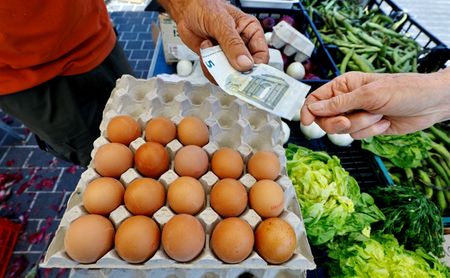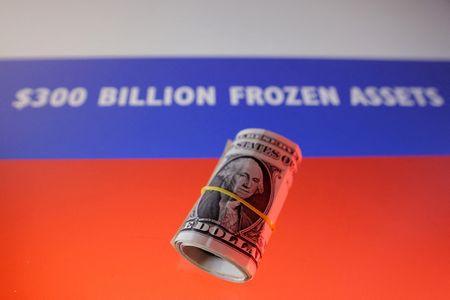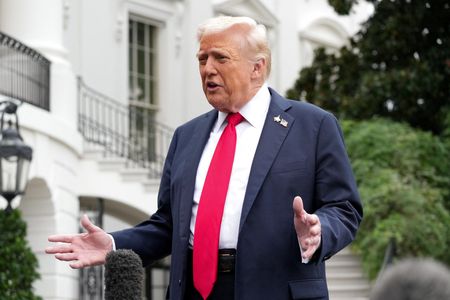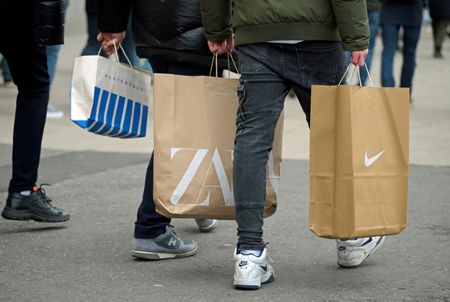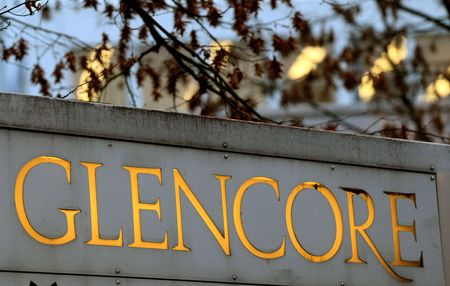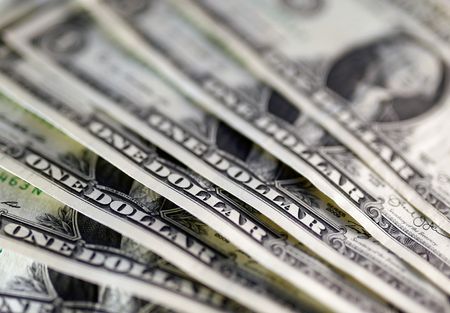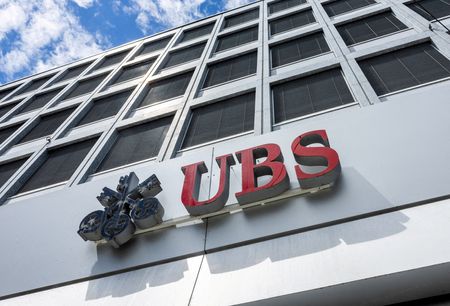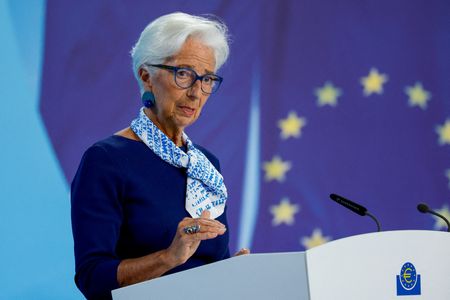By Balazs Koranyi
FRANKFURT (Reuters) -Inflation accelerated in the euro zone’s biggest economies this month, suggesting that overall price growth also ticked up across the 20 nation bloc, further easing pressure on the ECB to lower borrowing costs.
The ECB cut its key rate by 2 percentage points in the year to June but has been on hold ever since as inflation settled near its target, and investors are slowly pricing out further cuts, even if some modest policy easing remains a possibility.
Inflation accelerated in Germany, France, Italy and Spain, solidifying investor expectations for the euro zone figure to come in around 2.2% or 2.3% on Wednesday, above August’s 2.0% reading.
ENERGY PRICES FALLING AT SLOWER RATE
Most of the increase is due to a smaller decline in energy costs than in August, and underlying trends, which filter out volatile items like food and fuel, were only moderately higher, not signalling a fresh wave of price pressures.
That is likely to comfort policymakers who are trying to decipher unusually uncertain price signals, complicated by political and trade tensions, surging food costs, plans to ramp up defence spending, a fresh wave of cheap Chinese imports, and volatile energy prices.
Inflation based on harmonised standards accelerated to 2.4% from 2.1% in Germany, above expectations for 2.2%. It also rose to 1.1% from 0.8% in France, 3.0% from 2.7% in Spain and 1.8% from 1.6% in Italy.
ECB FIRMLY ON HOLD
“This will make little difference for the ECB, as the October meeting was already set to be a ‘non-event’ following September’s relatively hawkish communication – where we believe the ECB ruled out any additional cuts for the rest of the year,” Nicola Nobile at Oxford Economics said.
The majority of the increases were due to a smaller decrease in energy costs, a well anticipated development, but there was also a small rise in some ‘core’ items, like services and clothing prices in some of the national releases.
The overall uptick is also likely to be temporary and inflation is seem moving sharply lower at the start of next year, primarily on statistical base effect.
The main question policymakers have been debating is just how far inflation will fall below the ECB’s target and whether this undershooting will prove to be persistent.
The ECB sees price growth at 1.7% next year, a worrisome reading for some policymakers who fear this could lower expectations and perpetuate anaemic price growth.
They argue that already weak price pressure will be exacerbated by relatively muted economic growth, an increasing drag from U.S. tariffs and a possible softening of the labour market.
This argument was also supported by weak retail and producer price growth data in Germany and lacklustre consumer spending numbers in France.
Economists, however, see a much smaller dip below 2% and some hawkish policymakers argue that higher defence spending and lower trade integration are inherently inflationary, so they would offset the factors dragging down prices.
(Reporting by Balazs Koranyi; Editing by Alexandra Hudson)

